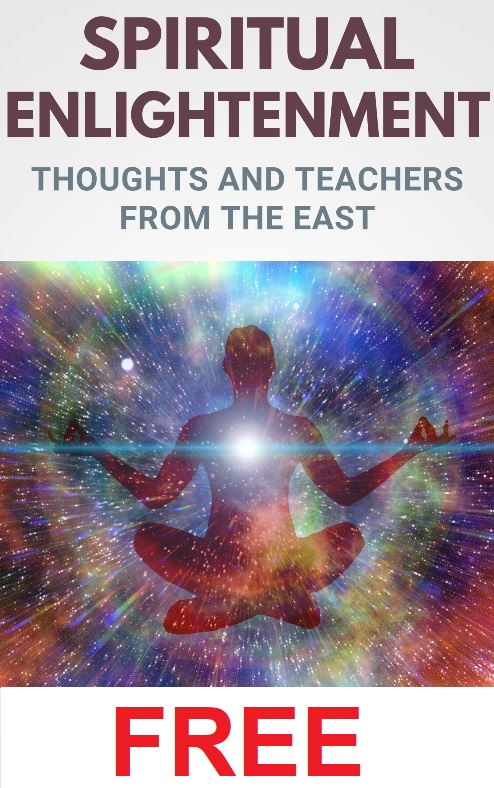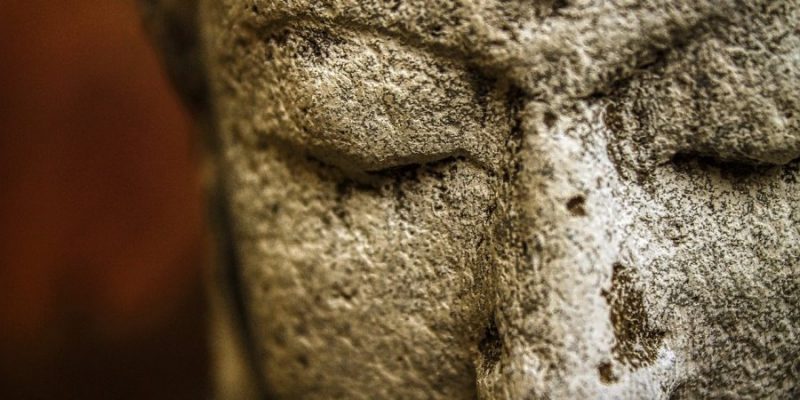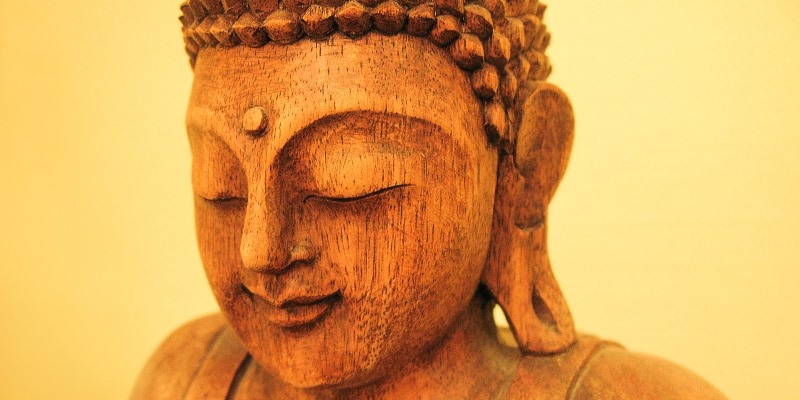
Satcitananda, also phrased as Sat-Chit-Ananda is a concept in Indian Vedanta philosophy that is usually translated as being, consciousness, and happiness, or existence, consciousness, and bliss, or truth, awareness, and joy.
The term points to the three-in-oneness principle of objective, ultimate reality (Brahman), its actual nature, but also the way Spiritual Enlightenment is attained as a subjective experience (Atman). It’s a concept that expresses duality in non-duality, emphasizing that duality and non-duality are not to be considered separated phenomena, but expressions of the one-thing.

In Advaita Vedanta, Sat-Chit-Ananda may refer to the (imagined) “steps” towards spiritual liberation. Being (Sat) then is our actual existence or the whole of existence as a phenomenon. Consciousness (Cit) is awareness of this existence, also self-awareness or self-consciousness of our being-there. And Bliss (Ananda) then equals our understanding that both Being (Sat) and Consciousness (Cit) are part of a dependent object-subject relationship and finally unreal. Ananda is seen as the quintessential experience of boundless, absolute consciousness and unity.
Nevertheless, in the Advaita Vedanta philosophy and tradition it’s also common to finally negate or transcend this notion of Satcitananda, stating that it’s just another concept among concepts, a “help on climbing the ladder,” but one that ultimately needs to be abandoned because it still belongs to the world of duality, only leading to a more subtle bondage.
And indeed, being, consciousness and bliss are “states” that first need to be “experienced” to be able to talk about or reflect on them. And who then is the one who thinks or reflects? And how does the thinker relate to what is thought about? As such, it’s thought to be essential on our path to Spiritual Enlightenment (or Self-Realization) to finally cast off not only the idea of Satcitananda, but all concepts (about Spiritual Enlightenment).
The above is clearly stated in the work of the Indian saint, poet, philosopher and Yogi Jnaneshvar (1275 – 1296) who, in his poetic work Amritanubhav (the title of his composition being translated as the Nectar of Experience or the Experience of Immortality), writes:
There is nothing to be accomplished.
There is only the pleasure of expounding.”














